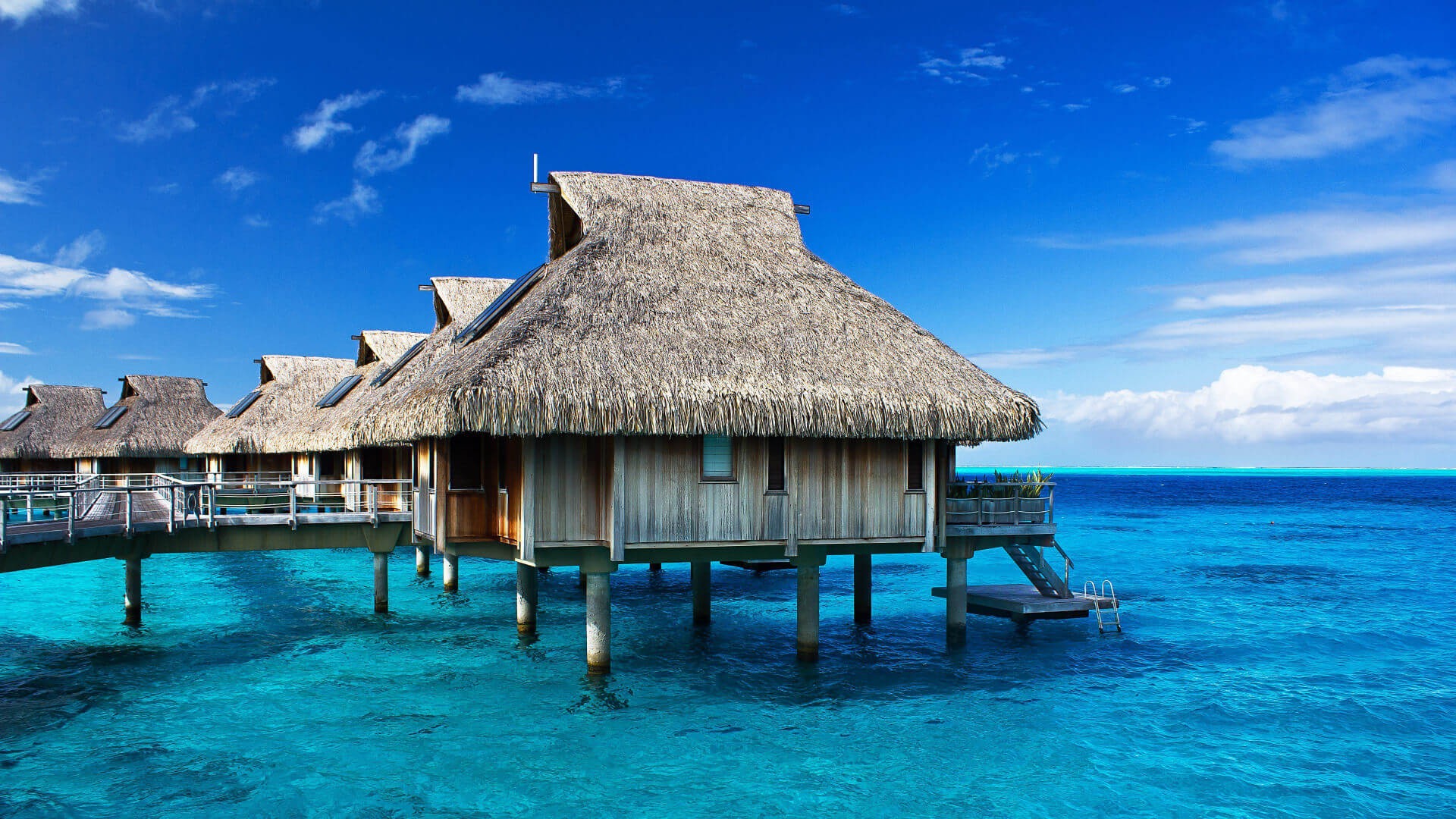Fiji, formally the Republic of Fiji, is a Melanesia island nation located in the South Pacific Ocean, about 1,100 nautical miles (2,000 kilometers; 1,300 miles) northeast of New Zealand’s North Island. It is bounded on the west by Vanuatu, on the southwest by New Caledonia, on the southeast by New Zealand’s Kermadec Islands, on the east by Tonga, on the northeast by the Samoas and France’s Wallis and Futuna, and on the north by Tuvalu.
Fiji is an archipelago comprised of over 330 islands, 110 of which are regularly inhabited, and over 500 islets, covering an area of about 18,300 square kilometers (7,100 sq mi). Ono-i-Lau is the most remote island. Viti Levu and Vanua Levu, the two largest islands, account for 87 percent of the population of over 860,000. Suva on Viti Levu, the capital, serves as Fiji’s primary cruise port. Around three-quarters of Fijians reside on Viti Levu’s beaches, in Suva or in smaller metropolitan areas like as Nadi (tourism) or Lautoka (sugar cane industry). Viti Levu’s interior is sparsely populated as a result of its rugged topography.
Due to a wealth of forest, mineral, and seafood resources, Fiji boasts one of the most developed economies in the Pacific. Today, the country’s primary sources of foreign currency are tourism and sugar exports. The Fijian dollar is the country’s currency. The Ministry of Local Government and Urban Development supervises Fiji’s local government, which takes the form of city and town councils.
The bulk of Fiji’s islands were created about 150 million years ago by volcanic activity. Today, some geothermal activity continues on the Vanua Levu and Taveuni islands. Since the second millennium BC, Fiji has been populated by Austronesians and Melanesians, with occasional Polynesian influences. Europeans began visiting Fiji in the 17th century, and the British created the Colony of Fiji in 1874, after a short time as an independent monarchy. Fiji was a British Crown colony until 1970, when it became a Commonwealth country. In 1987, after a succession of coups, a republic was proclaimed.
Commodore Frank Bainimarama took control in a coup in 2006. When the Supreme Court decided in 2009 that the military’s authority was unconstitutional, President RatuJosefa Iloilo, whom the military had maintained as titular Head of State, officially repealed the Constitution and reappointed Bainimarama. Later that year, Ratu Epeli Nailatikau succeeded Iloilo as President. On 17 September 2014, after years of delay, a democratic election was conducted. Bainimarama’s FijiFirst party won with 59.2 percent of the vote, and foreign observers considered the election legitimate.


